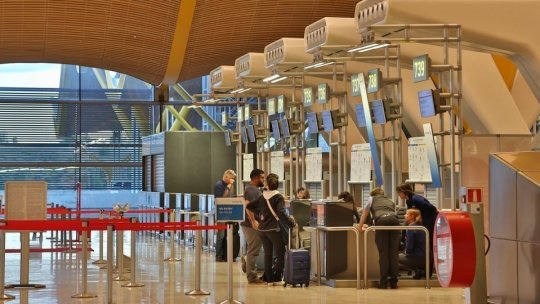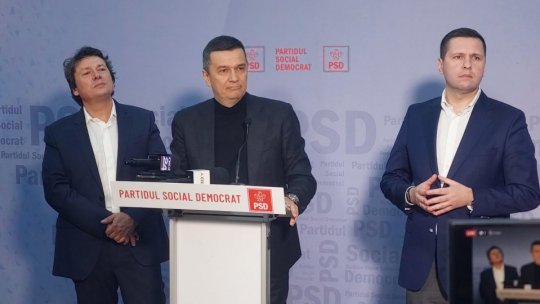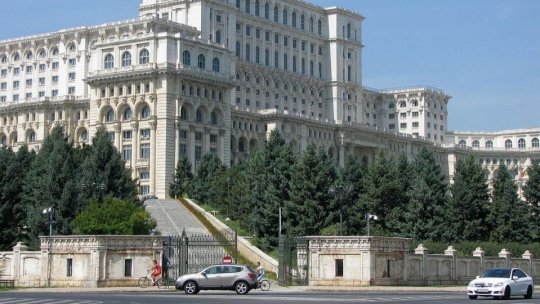Reactions to espionage accusations
Russia’s decision to declare a Romanian diplomat in Moscow persona non grata and expel him has triggered a symmetrical reaction, according to diplomatic protocol.

19 August 2010, 19:59
The Romanian foreign ministry has also condemned what it called a serious violation by Russian authorities, of the Vienna Convention on diplomatic relations, with the Romanian diplomat being detained and given a totally inappropriate treatment.
The Vienna convention provides that the person of the diplomatic agent is inviolable and exempt from all forms of jurisdiction. On Monday, the Federal Security Service of the Russian Federation, the FSB, former KGB, announced that it had detained a Romanian intelligence agent, who had allegedly worked undercover at the Romanian embassy, while trying to obtain secret military data from a Russian national.
The FSB provided the press with the scenario of the alleged operation that caught the Romanian diplomat red-handed and implied that he aimed at obtaining information that was not exclusively destined to Bucharest.
The FSB added that it had confiscated equipment from the alleged spy, that demonstrate hostile activities he is believed to have carried out against Russia.
The information allegedly concerned the Republic of Moldova (an ex- Soviet republic with a majority Romanian speaking population) and Transdniester, a separatist and pro-Russian region in the east of Moldova.
Diplomats in Bucharest were taken aback by the striking lack of discretion that Russian services manifested in approaching this case, which runs against all convention.
They believe that the gesture is intended to underscore the hostility towards Romania, a member of NATO that Moscow continues to place on the foreign enemy list and a state that has continuously voiced its support for the pro-Western coalition in Chisinau, which replaced the old pro-Russian Communist power.
There obviously are enough hostility reasons. Former foreign minister, Teodor Melescanu, told the daily “Romania Libera” that the Russian-Romanian diplomatic incident would have a negative impact on bilateral relations, which are already cold.
Former dean of the National Intelligence Academy, Cristian Trancota, believes that the exposure conducted by the FSB has a different target.
He also told the paper Romania Libera that the scandal with the Romanian diplomat comes after a series of failures of Russian intelligence agencies, the most striking of which being the detention in the US of 11 people spying for Russia.
Professor Trancota claims that the action of the Federal Security Service of the Russian Federation was most likely aimed at sending out a message to its own co-nationals.
(Radio România Internaţional, Serviciul în limba engleză).













